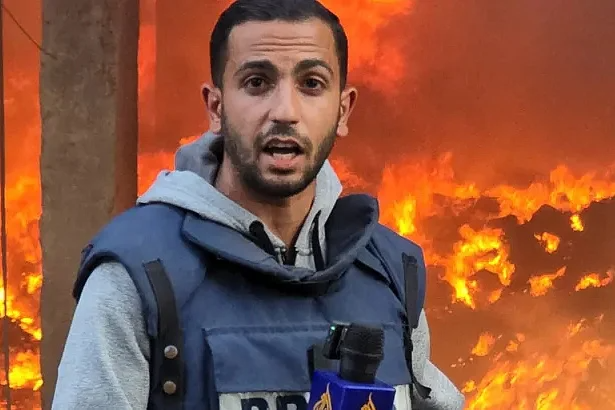Escalating violence amidst peace talks: a complex and concerning trend
A concerning trend in several ongoing conflicts is the escalation of violence despite, or sometimes even alongside, peace negotiations. This phenomenon highlights the fragility of peace processes and the deep-seated challenges in achieving lasting resolution.
Current hotspots experiencing this trend
- South Sudan: The revitalized peace agreement, while considered the only viable framework to end the violence, is struggling amidst worsening violence and a deteriorating political and security situation, according to the UN. The humanitarian situation is alarming, with food insecurity and risks of famine increasing, and violence against aid workers hindering operations. Without concrete steps toward peaceful elections in December 2026, the risk of a relapse into widespread violence is growing.
- Israel-Palestine: The conflict continues to experience escalating violence, particularly in the West Bank and Gaza, despite intermittent attempts at peace negotiations. The UN has warned of the crisis spiraling amid mounting civilian deaths and an aid blockade. Violence includes attacks against civilians by both sides, increasing use of arms, and settler-related violence.
- Ukraine-Russia: While Ukrainian President Zelensky has proposed new peace talks to de-escalate tensions, recent hostilities have intensified, marked by major strikes on military-industrial sites. Russia has reportedly rejected a ceasefire ultimatum and prefers direct, permanent peace talks.
- Myanmar: The civil war and various ongoing conflicts, like the Rohingya, Karen, and Kachin conflicts, continue to plague the country.
- Sudan: The conflict that erupted in mid-April 2023 between the Sudanese military and the Rapid Support Forces continues to result in significant casualties and displacement, exacerbating regional instability, according to Vision of Humanity.
- Syria: The long-drawn civil war and the recent overthrow of the Assad regime by HTS, combined with the exploitation of the situation by Israel and Turkey, raise concerns about renewed violence and instability. The region also faces tensions between Israel and its neighbours, according to Number Analytics.
- Kashmir: Tensions between India and Pakistan remain dangerously high, making it a critical escalation hotspot, according to Vision of Humanity.
Challenges to peace processes amidst violence
- Lack of Trust and Political Will: A deep-rooted lack of trust between parties, and sometimes a lack of genuine political will to compromise, often fuels continued violence and undermines negotiations.
- Spoilers and Fragmented Actors: The presence of hardline factions, new armed groups, or external actors seeking to undermine agreements or exploit the situation can derail progress.
- Resource Competition and Economic Drivers: Violence can persist due to competition over natural resources or economic interests, making it difficult to establish state authority and control over these areas.
- Geopolitical Interests: Inter-state rivalry and the involvement of external actors with competing interests can further complicate peace efforts and even lead to new rounds of violence.
- Exclusion of Key Stakeholders: Failure to include all relevant groups, including women and civil society, in peace processes can weaken the legitimacy and effectiveness of agreements.
- Unrealistic Expectations and Poor Implementation: Setting unrealistic timelines, lacking a clear vision for peace, and failing to effectively implement agreements can lead to frustration and a return to violence.
International efforts and the need for renewed commitment
The UN and regional organizations like the AU and IGAD are working to de-escalate conflicts and support peace processes through various means, including preventive diplomacy, cooperation, development initiatives, and dialogue. The Security Council has the power to take enforcement measures, including sanctions and military action, to maintain or restore peace. However, challenges like political instability, the use of force, and information control by certain states continue to hamper these efforts. Ultimately, achieving lasting peace amidst escalating violence requires a renewed commitment from all stakeholders to address the root causes of conflict, build trust, and ensure inclusive and effective peace processes.

